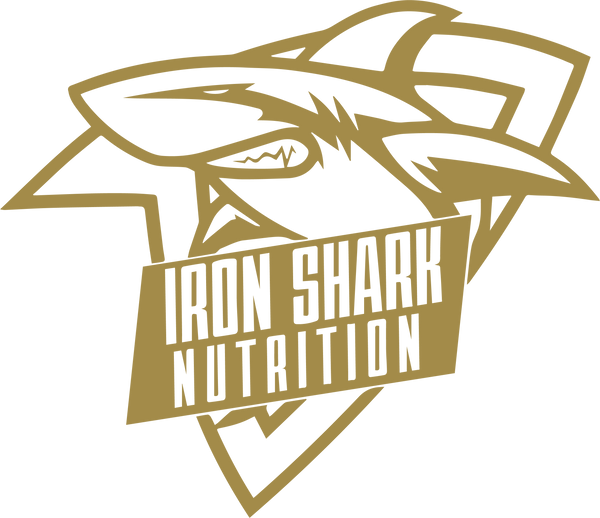Cardiovascular health is an essential part of our overall well-being, and nutrition plays a fundamental role in maintaining a healthy heart. Adopting a balanced diet focused on cardiovascular health can not only reduce the risk of heart disease, but also improve quality of life. Let's find out how your food choices can influence your heart health.
- Heart-Healthy Fats
Healthy fats, such as those found in avocados, nuts, chia seeds, and oily fish like salmon, are beneficial for cardiovascular health. These foods are rich in omega-3 fatty acids that help lower LDL cholesterol (bad cholesterol) levels and maintain optimal heart function.
- Dietary Fiber for Cholesterol Reduction
Foods rich in fiber, such as fruits, vegetables, legumes and whole grains, help lower blood cholesterol levels. Fiber acts like a broom, helping to remove excess cholesterol from the body and maintain healthy levels.
- Salt Reduction to Control Blood Pressure
Excessive salt consumption can increase blood pressure, increasing the risk of heart disease. Opt for herbs and spices to enhance the flavor of your dishes instead of salt. Limiting the consumption of processed foods high in sodium is also essential.
- Antioxidants for Artery Protection
Colorful fruits and vegetables are rich in antioxidants, such as vitamins C and E, which help protect arteries by reducing lipid oxidation. Berries, citrus fruits, spinach and nuts are excellent sources of antioxidants.
- Control Blood Sugar with Complex Carbohydrates
Complex carbohydrates , such as those found in whole grains, vegetables and legumes, have a lower impact on blood sugar levels. Maintaining stable blood sugar levels is crucial for cardiovascular health, as high blood sugar levels can damage blood vessels.
- Omega-3 for the Prevention of Arrhythmias
Omega-3 fatty acids, found in fatty fish, walnuts and flaxseed, play a crucial role in preventing cardiac arrhythmias. They may also lower blood pressure and reduce inflammation, promoting healthy heart function.
Conclusion
Nutrition is an essential pillar of cardiovascular health. By eating a diet rich in healthy fats, fiber, antioxidants and omega-3s, you can reduce your risk of heart disease and promote a strong, healthy heart. Make wise food choices, stay active, and consult your healthcare professional to develop a nutrition plan tailored to your individual needs. Your heart will thank you for it in the long run.








